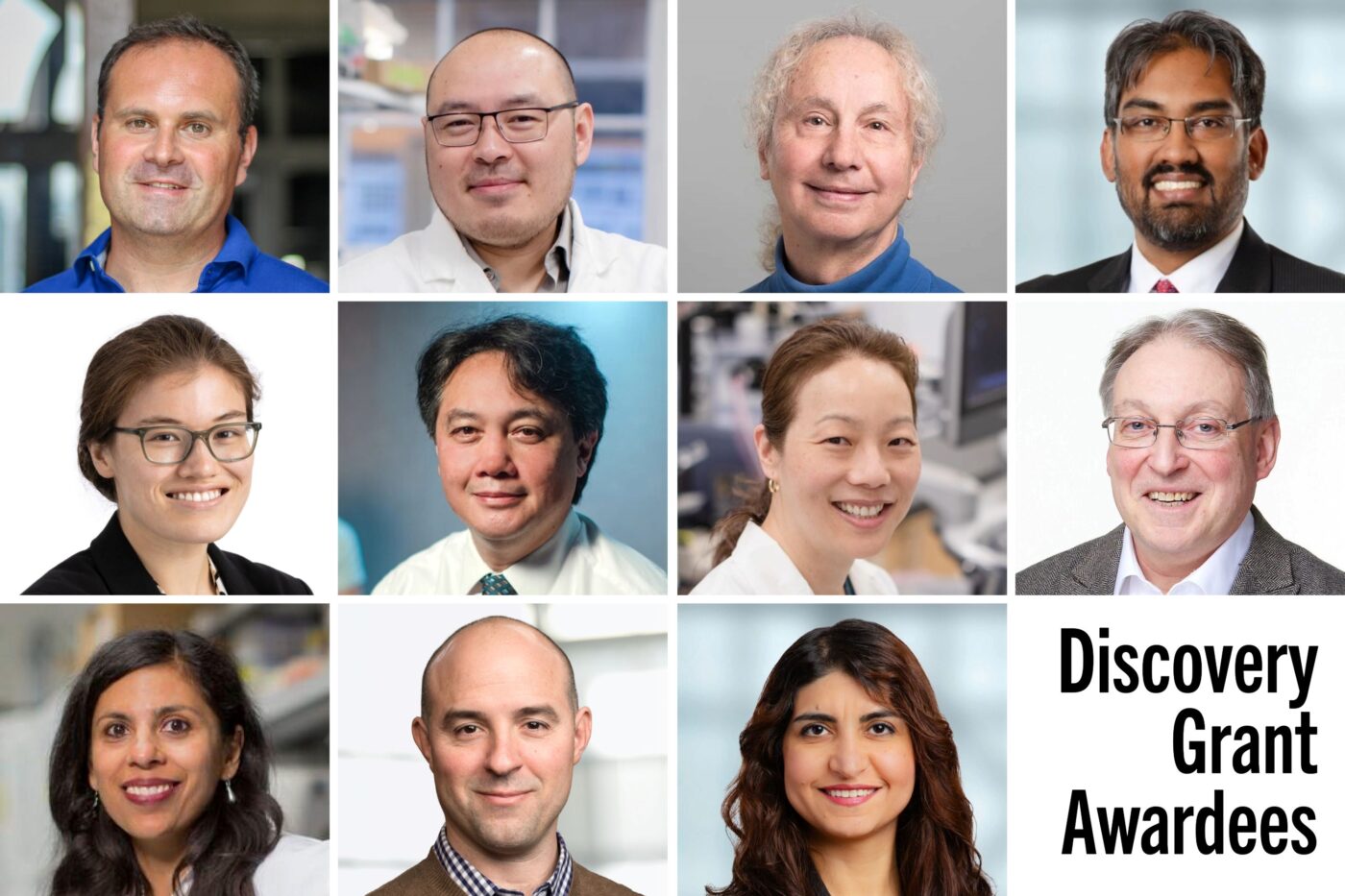Professors Jan Andrysek, Aereas Aung, Berj Bardakjian, Tilak Dutta, Caitlin Maikawa, Cesar Marquez-Chin, Naomi Matsuura, Paul Santerre, Sowmya Viswanathan, Aaron Wheeler, and Azadeh Yadollahi have recently been awarded over $500,000 in funding from the Natural Sciences and Engineering Research Council of Canada (NSERC) through the Discovery Grant program. This funding, distributed over five years, will support their innovative research and operational projects.
The Discovery Grant program is dedicated to supporting researchers as they venture into new territories to find solutions to pressing issues such as environmental protection, food security, and sustainable construction in cold climates. It aims to promote and maintain a diverse and high-quality research capability in the natural sciences and engineering at Canadian universities, foster research excellence, and provide a stimulating environment for research training.
A complete list of winners can be found here.
Official media release by NSERC can be found here.
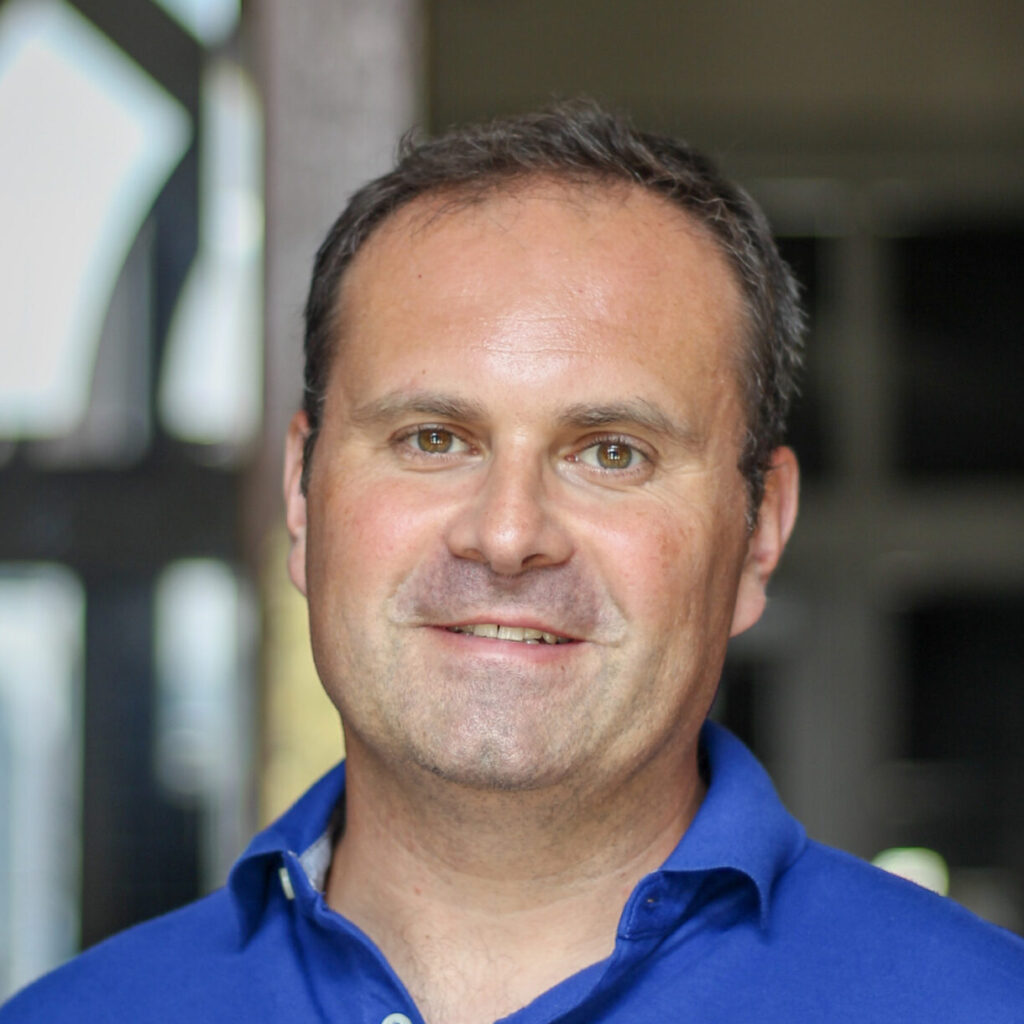
Jan Andrysek
Associate Professor
The focus of Professor Jan Andrysek’s research encompasses the design, development, and clinical assessment of interventions targeted at enhancing mobility and postural balance in both children and adults with lower-limb impairments. This involves the creation of innovative prosthetic and orthotic technologies, alongside the exploration of alternative interventions like video game systems to promote improved postural balance.

Aereas Aung
Assistant Professor
Professor Aung’s research is dedicated to the quantitative exploration of immunological phenomena and the development of engineering strategies aimed at modulating immunological pathways for therapeutic purposes. The overarching goal of the Aung Lab is to identify essential questions within the field of immunology and utilize a diverse array of engineering approaches to obtain comprehensive insights. Through their research endeavours, they aspire to contribute to the advancement of immunotherapeutic interventions, ultimately guiding the development of the next generation of treatments in the realm of immunology.
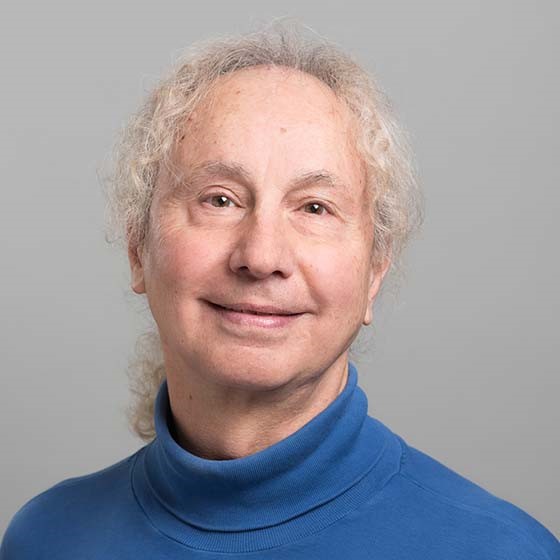
Berj Bardakjian
Professor
Professor Bardakjian’s research primarily focus on the electrical rhythmic activities of the brain, epilepsy, and neural engineering. His lab was founded to investigate the nature of neural electrical rhythmic activities in both health and disease. They analyze, model, and control these activities within neuroglial networks of the brain, with a particular emphasis on intractable (drug-resistant) epilepsy, sudden unexpected death in epilepsy, and infantile spasms.

Tilak Dutta
Assistant Professor
Dr. Tilak Dutta’s research focuses on developing tools to support successful aging at home, with a primary interest in preventing injuries in caregivers by improving patient lifting devices and implementing caregiver education systems. Additionally, his work includes fall prevention for older adults through enhanced footwear slip-resistance testing and the development of outsole materials for better performance on icy and snowy surfaces. His team collaborates with commercial partners and policymakers to design, test, refine, and commercialize these tools, often using simulation labs and involving older adults in the iterative testing process.
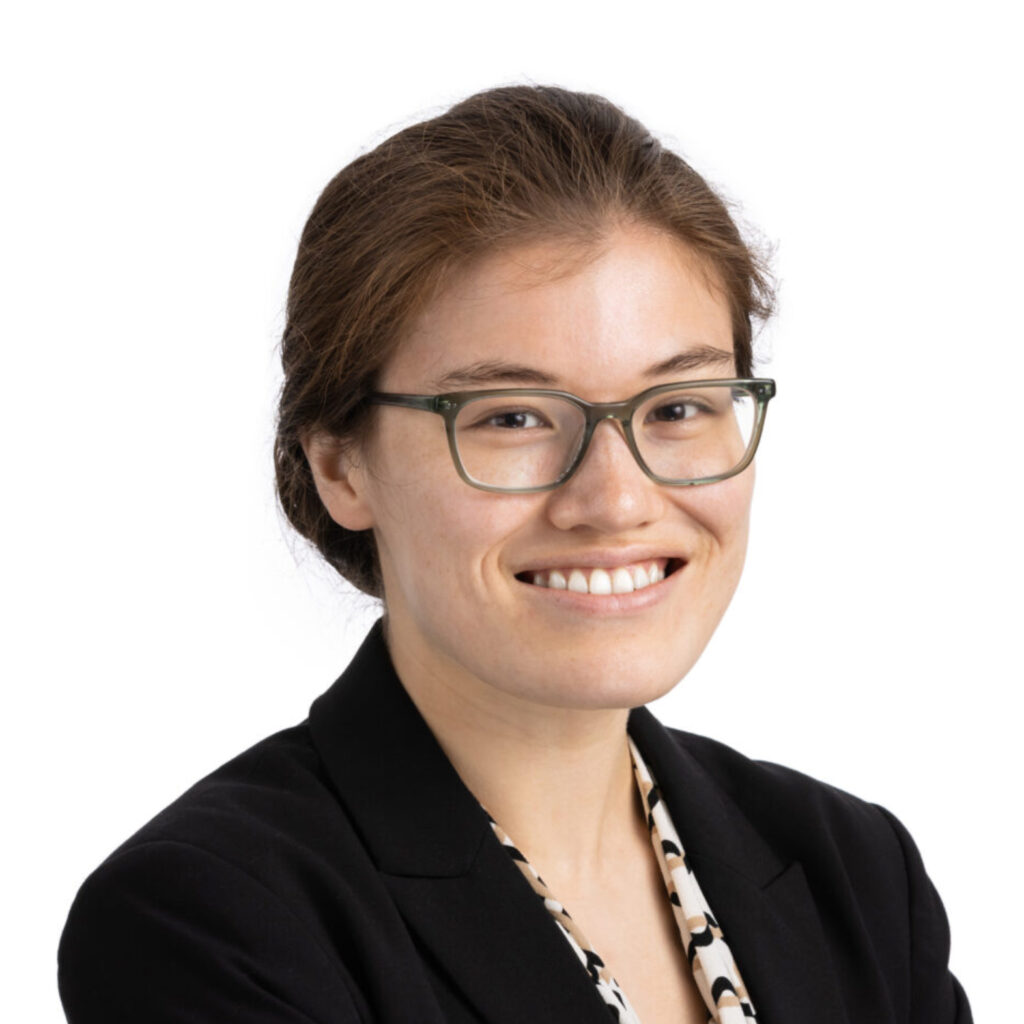
Caitlin Maikawa
Assistant Professor
Professor Caitlin Maikawa’s research focuses on the interdisciplinary exploration of dynamic polymer materials to address challenges in drug delivery and biomedicine. Collaborating with experts in biology, material science, chemistry, and medicine, Maikawa leads efforts to engineer polymer systems capable of precisely modulating therapeutic delivery. Their work aims to enhance biopharmaceutical delivery by developing materials that interact effectively with biological processes. The goal is to advance precision medicine, improving treatment efficacy and patient outcomes. Key challenges include targeting therapeutics to specific disease sites, controlling release timing, and monitoring biomarkers for treatment adjustment. The lab’s technologies hold promises for treating a range of medical conditions, from diabetes to autoimmune disorders, contributing to the advancement of medical treatment across various disease domains.
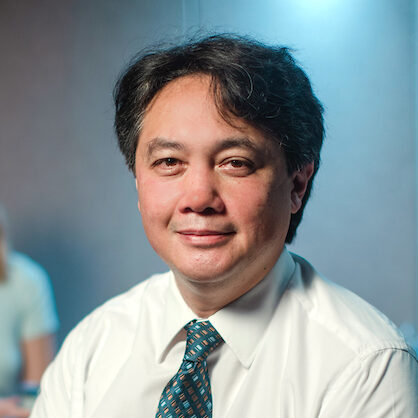
Cesar Marquez-Chin
Assistant Professor
Dr. Cesar Marquez-Chin concentrates his research on developing innovative technologies to restore voluntary movement following stroke and spinal cord injury. His primary focus involves creating systems that establish direct connections between the brain and machines, enabling therapeutic interventions that facilitate movement in even severe cases of paralysis. Additionally, he designs low-cost robotic technologies and advanced alternate user interfaces to support patients and their caregivers during physical and occupational rehabilitation sessions.

Naomi Matsuura
Associate Professor
Dr. Naomi Matsuura’s research focuses on designing innovative materials that interact specifically with imaging radiation, primarily for personalized cancer treatment. Her lab develops injectable colloids that can be remotely activated using medical imaging sources to deliver cancer therapies directly to tumors, including those in hard-to-treat organs like the brain. Additionally, her team has created a new biocompatible nanoscale agent to enhance the radiosensitivity of hypoxic tumors. Her multidisciplinary research program encompasses synthetic chemistry, physicochemical characterization, preclinical in vivo evaluation, commercialization, and aims for clinical translation in collaboration with clinical partners.

Paul Santerre
Professor
Dr. Paul Santerre’s research focuses on the biodegradation of polymers and the development of drug-releasing polymers for medical applications. His work examines how enzymes degrade polymers like polyurethanes, PMMA, and polyethylene in the presence of immune cells, leading to insights into the processes of hydrolytic and oxidative degradation. This has enabled the development of methods to inhibit such degradation in implant materials.
Dr. Santerre’s research has also led to the design of polymer chains that can be specifically degraded by enzymes to release therapeutic agents.
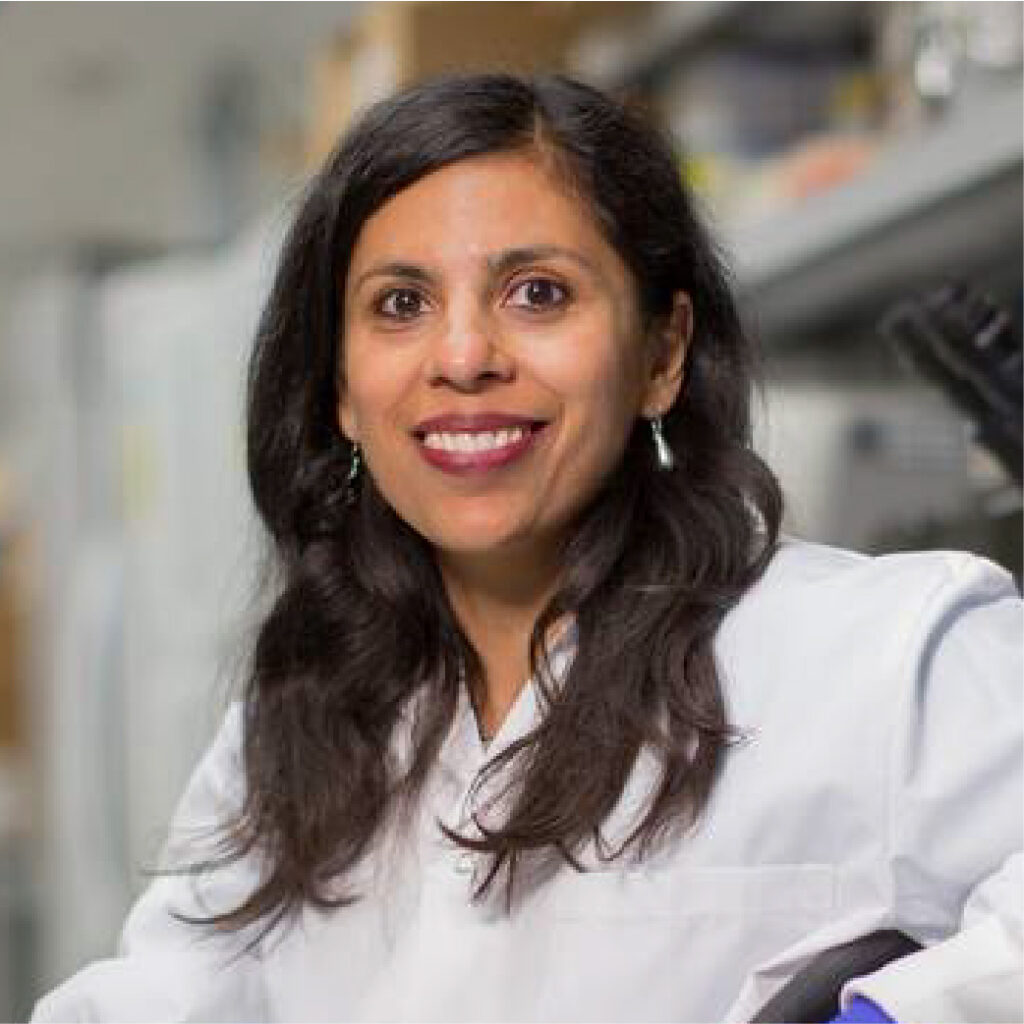
Sowmya Viswanathan
Associate Professor
Dr. Sowmya Viswanathan’s research is centred on developing cellular therapies to mitigate inflammation and modulate the immune system, predominantly utilizing mesenchymal stromal cells sourced from bone marrow, adipose tissue, and umbilical cord tissue. Additionally, her research spans bone repair and regeneration using mesenchymal stromal cells seeded on scaffolds, alongside investigating immunotherapy, particularly focusing on monocyte/macrophage-based therapies in osteoarthritis contexts. Moreover, her lab emphasizes bioprocess optimization to enhance mesenchymal stromal cell yield and potency, collaborating with industry partners on closed-system solutions for polarizing monocytes/macrophages.

Aaron Wheeler
Professor
Dr. Aaron Wheeler’s research focuses on the “lab-on-a-chip” concept, which aims to reduce reagent consumption and analysis time, integrate multiple functions onto a single device, and enable high-throughput analysis. His work involves developing hybrid methods that combine the advantages of two lab-on-a-chip paradigms: microchannels, which use enclosed micron-dimension channels, and digital microfluidics, which transport discrete fluid droplets across an array of electrodes. These hybrid methods are designed for high-throughput bioanalytical applications.
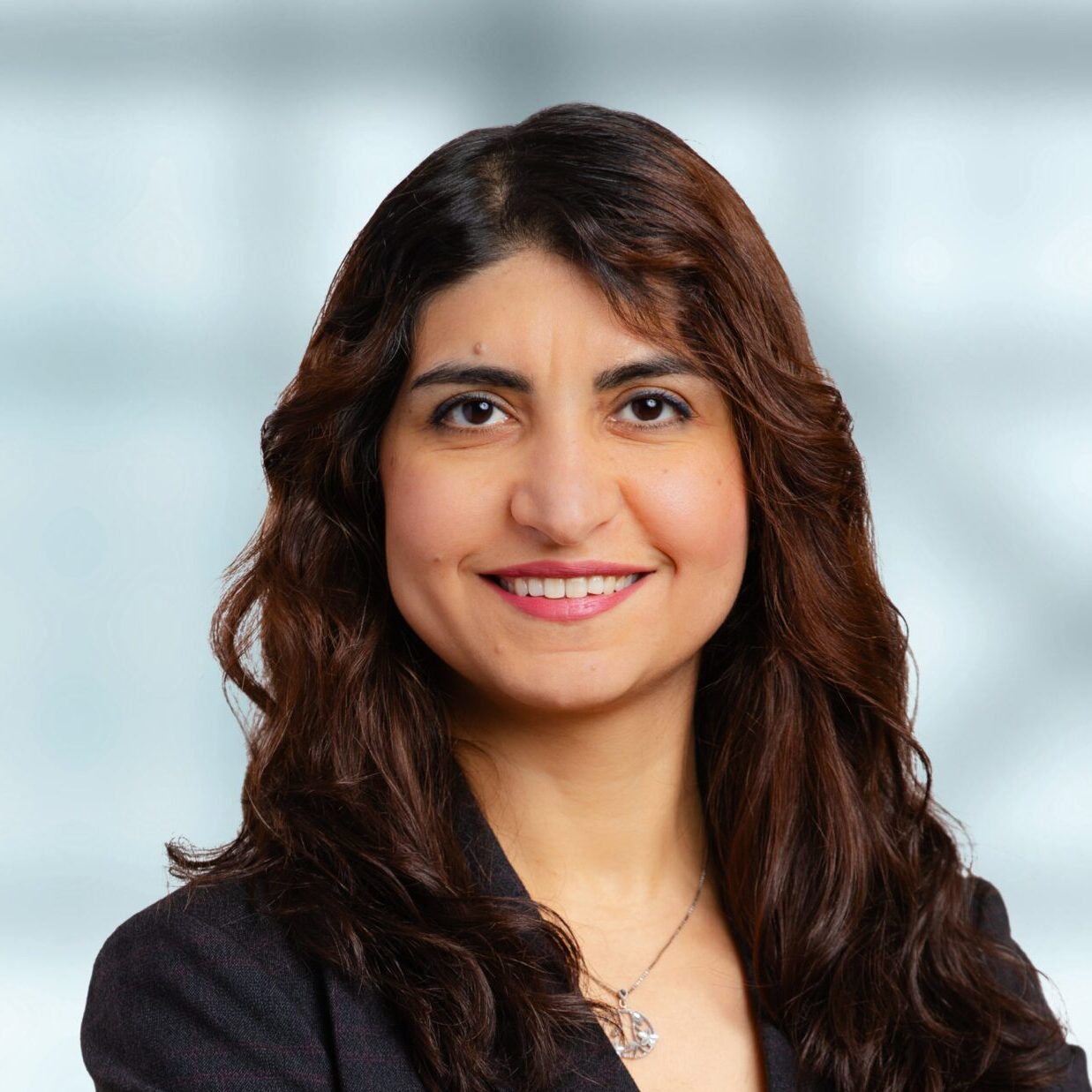
Azadeh Yadollahi
Associate Professor
Dr. Azadeh Yadollahi spearheads SleepdB, Canada’s inaugural sound-proof sleep laboratory. Her research endeavors are centred on enhancing chronic respiratory disorders experienced during sleep, such as sleep apnea and nocturnal asthma. Her research is dedicated to uncovering novel physiological mechanisms that contribute to airway narrowing during sleep, leading to breathing difficulties or cessation. Additionally, she is actively involved in the development and commercialization of wearable technologies aimed at advancing the diagnosis and treatment of chronic respiratory disorders.


